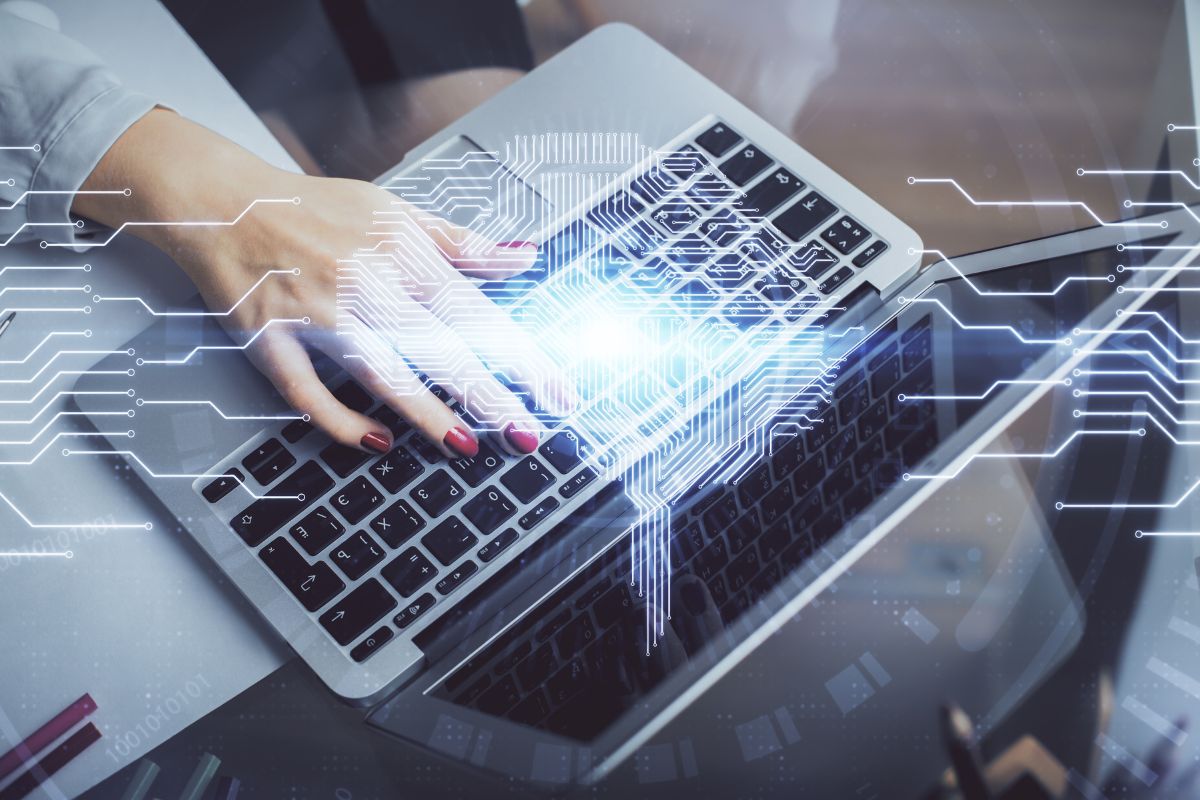ChatGPT is a popular tool that makes the internet boom with human-like response to all questions. Users have used it to create song lyrics, essays, TV episodes, etc. OpenAI’s ChatGPT launch has triggered similar buzz on social media and people are curious to know more about this. So, who owns ChatGPT and who made the AI language model? Who retains the copyrights in the work generated by the ChatGPT tool? Everything we know about OpenAI and its ChatGPT tool is here:
Who is the Owner of ChatGPT?
ChatGPT is just a chatbot program based on AI through generative pre-training like all those pesky automated customer-support chats that seem to follow you everywhere online. Their purpose is to advance artificial intelligence for the betterment of all humankind. ChatGPT, while originating in OpenAI, a company founded in 2015 by Elon Musk, one of the co-owners of Twitter; Ilya Sutskever, Wojciech Zaremba, Greg Brockman, and Sam Altman.
Did Elon Musk Create ChatGPT?
This is one of the common myths when people try to find out “Who made ChatGPT?” ChatGPT is a large language model developed by OpenAI; a research organization founded by the visionary Elon Musk. Although Musk was a cofounder of OpenAI, he is no longer on the Board of Directors of the organization.
Why Did Elon Musk Leave Open AI?
He resigned from the Board of Directors of the company way back in 2018. While listed as a sponsor, he tweeted to his public that he resigned after being associated with various engineering and manufacturing issues that have been dogging Tesla and SpaceX.
Musk further explained that there were conflicting developments within Tesla, which made his role in the company more demanding. Additionally, he stated that he disagreed with some of the plans proposed by the OpenAI team.
While there were numerous reasons for his departure, Musk’s dedication to Tesla and his different vision for the future of OpenAI may have been the primary reasons.
Who Owns ChatGPT?
Concerning “Who owned Chat GPT?”, it is owned by Open AI, where it was funded by a number of investors and donors in the development process. However, it remains an open-source technology from which users can draw from and customize for personal purposes. Since its launch a year ago, the AI chatbot has raised many fears regarding its tendency to replace writers with artificial intelligence.
However, the prime concern is in the areas of students using this technology to write their essays and assignments. In this regard, the universities and anti-cheating software companies are playing this game of one-upmanship in terms of constantly trying to come up with strategies to counter this issue. But that is not the end story, though.
Open AI has released its version of AI text classifier to the market while an AI detector tool called GPTZero has emerged to the scene lately. That will help universities and anti-cheating software companies catch AI-generated content and maintain the integrity of intellectual writing. OpenAI is one such product and has included a few innovative projects.
Among these, the most notable developments have been in the creation of GPT-2, designed as a language model that could generate eerily human-like text in terms of style and coherence. OpenAI has also contributed significantly in the development of reinforcement learning algorithms by creating OpenAI Gym, the toolkit that enables growth and comparison of those algorithms.
More importantly, it is engaged in non-pure research activities, such as policy work, education and outreach, and the development of practical AI applications. To further advance its mission, OpenAI has developed several partnerships with other organizations in the AI field, including Microsoft, Google, and IBM.
Is Microsoft the Owner of Open AI?
By 2019, OpenAI had partnered with Microsoft-the biggest tech firm, which turned to become a significant strategic investor. The firm, in partnership with Microsoft, received a funding boost of one billion dollars, which was used to support the efforts of OpenAI. In exchange for that sum, the tech firm acquired the exclusive license to the technology developed by AI firm.
Microsoft announced it is doubling down its investment in OpenAI by committing ten billion dollars to the company. The future of this deal as compared to DeepMind, the AI firm owned by Google, presents a strong threat to the latter.
The report further hints that Google has been rumored to introduce its AI chatbot, known as Chinchilla AI, which probably features similar functions to its counterpart at OpenAI, ChatGPT. Microsoft has been racing with Google for the leading position in AI advancement and is now investing billions of dollars in OpenAI, hoping that its investment will enable it to take the edge over the competition.
In addition, Microsoft wants to revive its products, such as AI’s assistance in filling up an Excel spreadsheet, creating art for a PowerPoint slide, or composing an email in Outlook. According to news reports, Microsoft plans to put a newer version of ChatGPT tool, GPT-4, into Bing, thereby eventually dethroning Google.
Conclusion
OpenAI brings this new AI technology to the world, and ChatGPT has already received crazy popularity all over the world. The tech giant has successfully delivered an advanced AI solution to the masses.
Speculations also indicate that OpenAI plans to get into the robotics business and already making moves to partner with key major players in the tech industry; the company will utilize its developments for these firms, thus expanding the facility of reach and influence.
















